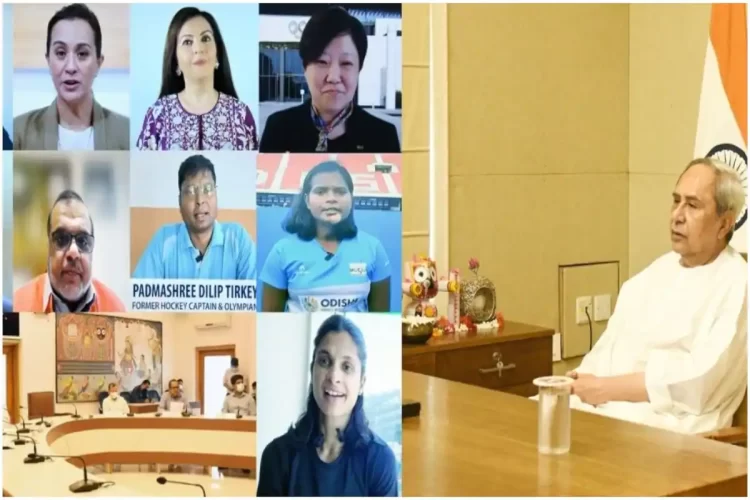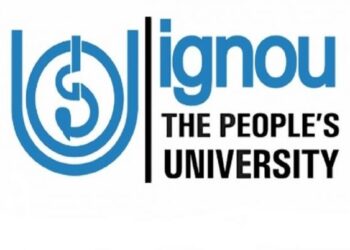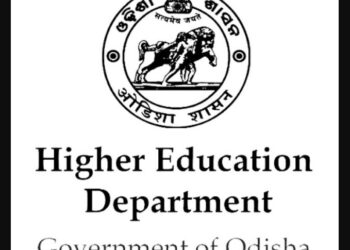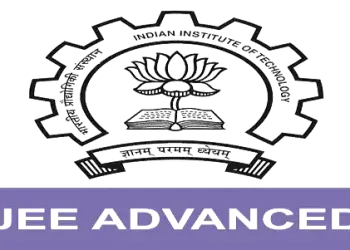Odisha Chief Minister Naveen Patnaik launched the Olympic Values Education Programme (OVEP), a pilot project aimed at disseminating a principles-based curriculum to help children become active, healthy, and responsible citizens. Officials also stated that Odisha is the first state in the country to implement OVEP. The programme is based on the Olympic philosophy that learning occurs through the development of both the body and the mind in a balanced manner. The OVEP programme is based on these pillars, and it makes use of sport’s universality to improve curriculum delivery both inside and outside the classroom.
AIM TO IMPACT 32,000 CHILDREN
The International Olympic Committee (IOC) stated in a press release that OVEP-based projects and activities help to address global challenges such as sedentary lifestyles, lack of concentration, and adolescent school dropout.
The initial pilot project aims to reach 32,000 children enrolled in 90 schools throughout Bhubaneswar and Rourkela, and once fully operational, it will impact 70 lakh children across India.
BEGINING OF NEW OLYMPIC MOVEMENT IN COUNTRY
In a virtual event, the Odisha CM Naveen Patnaik said, “This will be the beginning of (a) new Olympic movement in the country.”
He emphasised that the Olympic values of excellence, friendship, and respect would benefit children, and he hoped that these collaborations would make a significant contribution to the impactful and holistic development of schoolchildren.
EDUCATION AND OLYMPIC MOVEMENT
IOC Education Commission Chair Mikaela Jaworski remarked, “Education is an integral part of the Olympic Movement’s continuous contribution to society.”
Since 2006, OVEP has been implemented globally, according to the chair.
The initiative is being developed in collaboration with the Odisha Department of School and Mass Education (SME) and the Abhinav Bindra Foundation Trust and will be integrated into the school curriculum.
OVEP TO BE TAKEN TO ALL SCHOOLS AND HEIs
Odisha intends to gradually roll out the OVEP to all schools and universities. According to the IOC, the project aims to personalise the curriculum for students by leveraging the state’s rich cultural and artistic heritage.








 Finance
Finance





